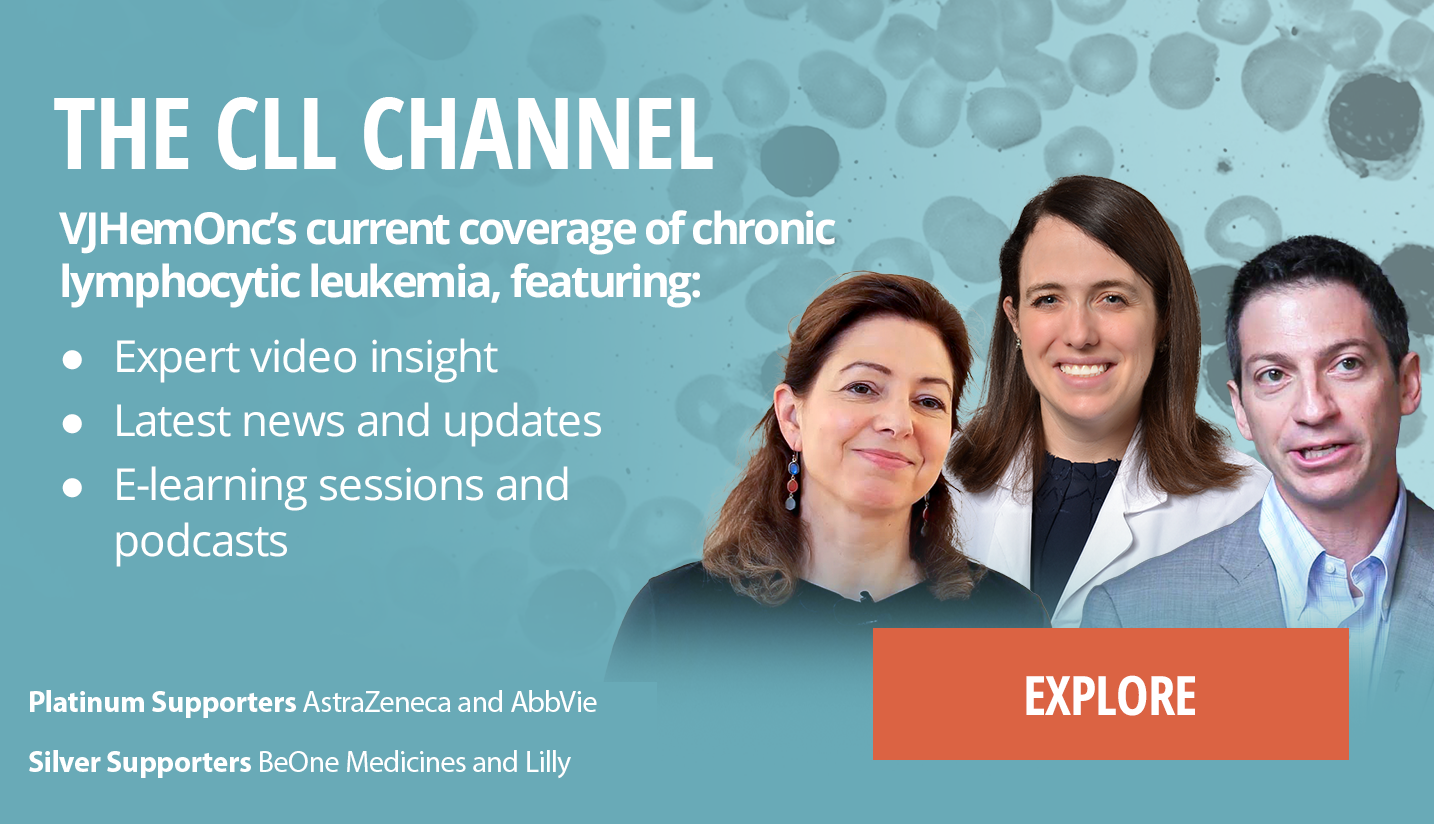My CLL story is a long one, started 14 years ago, and I’m an early adapter. I jumped onto the first trial of a drug called PCI-32765, which later was approved as ibrutinib, and was game-changing in the treatment of CLL. I got almost seven years of good response to that, but I did relapse. I was pretty much out of options, but my physician suggested I consider CAR-T therapy. So I jumped into an early trial of CAR-T therapy; in fact, all trials of CAR-T pretty early now.
I had an extra ordinarily difficult and bumpy journey with two hospitalizations, extremely sick, but I’m happy to say that my restaging one month later showed that there was no detectable CLL in my blood or bone marrow, uMRD down to 1 in 100,000 using next-gen sequencing. One year later I have persistent CAR-Ts in the peripheral blood and I remain uMRD, so it worked like a champ, but it was very tough to go through.
How does CAR-T fit into the present paradigm for treating patients? CAR-T in CLL is still a completely experimental therapy, and because there is significant toxicity, usually manageable, but still the patient has to go through it, it’s really not ready for frontline treatment. In fact, that’s not the way it’s being looked at right now, but I think CAR-T is an important option for people who failed some of the… certainly people who fail chemoimmunotherapy and people who fail novel treatments or combination of novel treatments. I think CAR-T should be a real option for them to try because cellular therapies like allogeneic hematopoietic stem cell transplants are the only proven potential cure for CLL.















